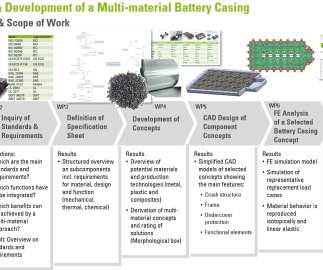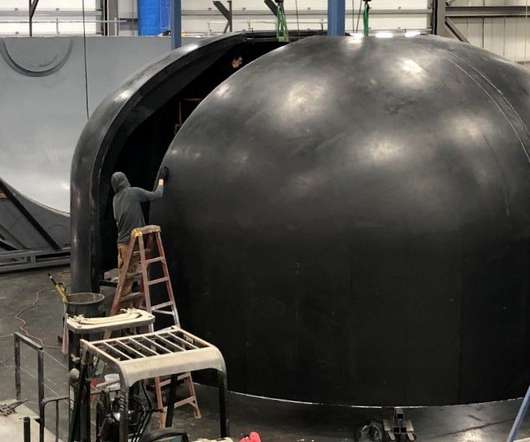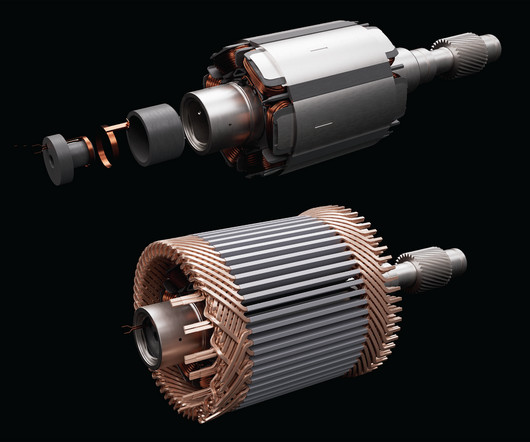NREL develops novel method to produce renewable acrylonitrile; carbon fibers from renewable biomass
Green Car Congress
DECEMBER 8, 2017
Acrylonitrile, a petroleum-derived commodity chemical, is one of the most widely used monomers in the chemical industry with many commercial applications. Today, acrylonitrile is used in the production of acrylic fibers for carpets, clothes, and fabrics, and in plastics such as food containers, and packaging materials.


























Let's personalize your content